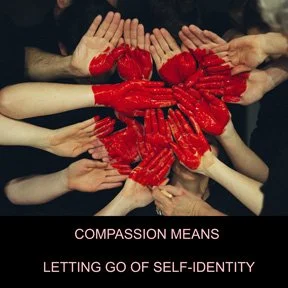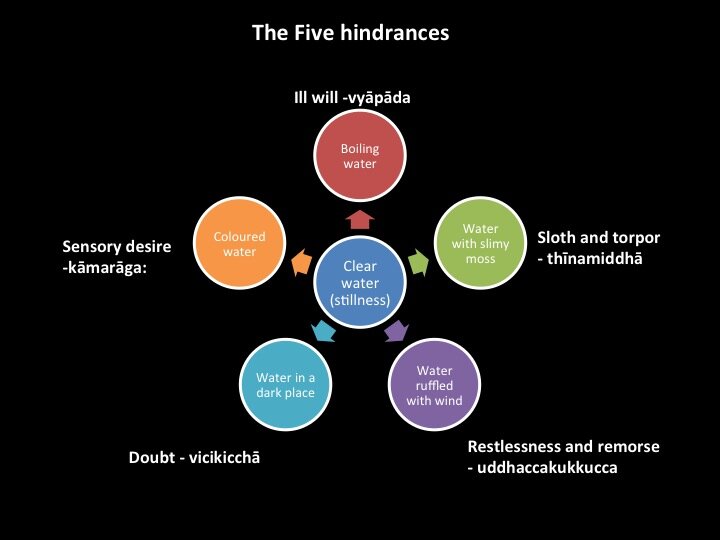Rob lead DPX last Sunday with a meditation focusing on feelings. He encouraged us to investigate the feelings that come up while we meditate. How and where we feel them in our bodies? Being specific and defining them further by putting shapes and colors to the feelings. After the meditation, one person talked about experiencing feeling uneasiness and experiencing fear behind that unease. Moving into that fear, and then having to back out in order to be safe. Focusing on the breath once again, then gradually moving back into the unease and fear. This is the practice of titration. For further information about titration: http://www.new-synapse.com/aps/wordpress/?p=1842
Rob opened the group discussion by playing a wonderfully humorous and insightful talk by the author David Foster Wallace titled “This is Water.” It was given as the graduating speech to Kenyon college class of 2005.
David Foster Wallace explains to us:
“Everything in my own immediate experience supports my deep belief that I am the absolute center of the universe, the realest, most vivid and important person in existence. We rarely talk about this sort of natural, basic self-centeredness, because it's so socially repulsive, but it's pretty much the same for all of us, deep down. It is our default-setting, hard-wired into our boards at birth.” “It's the automatic, unconscious way that I experience the boring, frustrating, crowded parts of adult life.” “I'm operating on the automatic, unconscious belief that I am the center of the world and that my immediate needs and feelings are what should determine the world's priorities.”
Wallace concludes that “The world will not discourage you from operating on your default-settings, because the world of men and money and power hums along quite nicely on the fuel of fear and contempt and frustration and craving and the worship of self. Our own present culture has harnessed these forces in ways that have yielded extraordinary wealth and comfort and personal freedom. The freedom to be lords of our own tiny skull-sized kingdoms, alone at the center of all creation. This kind of freedom has much to recommend it. But of course, there are all different kinds of freedom, and the kind that is most precious you will not hear much talked about in the great outside world of winning and achieving and displaying. The really important kind of freedom involves attention, and awareness, and discipline, and effort, and being able truly to care about other people and to sacrifice for them, over and over, in myriad petty little unsexy ways, every day. That is real freedom. The alternative is unconsciousness, the default-setting, the “rat race”-the constant gnawing sense of having had and lost some infinite thing.
David Foster Wallace’s speech dovetails nicely with fundamental Buddhist principals which acknowledges how we project our own inherent biases on situations rather than seeing things and people as empty and impermanent. His speech supports compassion and awareness for yourself and others. Sadly, Wallace committed suicide just 3 years after giving this speech. He suffered from depression his whole life. Our group discussion centered around suicide with one person expressing anger that Wallace was not able to practice what he was advocating so eloquently for. Others shared that you can do all the right things, meditating, hanging out with friends, exercise and then in middle age realize that you are not going to be able to defeat your cycle of depression. Wallace had been on meds, later off them, then on them again, and even tried Electroconvulsive Therapy, (ECT), which works for some people but not all. In the end, we recognize and accept that suicide is a hard thing to understand. As Buddhists, we once again come back to embracing “not knowing.”
David Foster Wallace’s full speech can be watched here:
https://www.youtube.com/watch?v=PhhC_N6Bm_s











